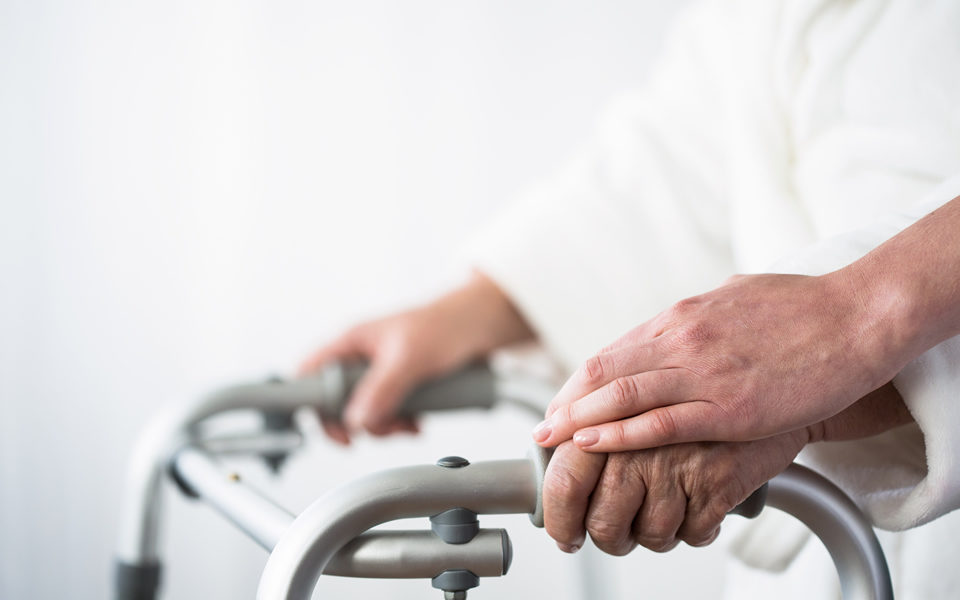Home Health and Hospice Services during the Coronavirus Pandemic
By Scott Manson, Managing Director, Advisory Services
Home health agencies are trying to adapt to staffing shortages, changes in reimbursement due to the Patient Driven Grouping Model, and the Review Choice Demonstration project in several states. Hospices adjusted budgets to the routine home care rate rebalancing. Now the coronavirus is presenting new challenges. Agencies are caring for their patients and trying to keep their caregivers safe with decreasing supplies of personal protective equipment (PPE). New information is being released almost daily by the Centers for Disease Control and Prevention (CDC), Centers for Medicare & Medicaid Services (CMS), U.S. Department of Labor, Occupational Safety and Health Administration, and others. Staffing concerns will remain a top concern for home health and hospice providers throughout the pandemic. Many of the new information releases are clear and provide relief while others are complex, time consuming, and may require specialists to interpret.
The U.S. Department of Health and Human Services (HHS) released a Social Security Act Section 1135 Waiver permitting face-to-face encounters to qualify a patient for the Medicare home health benefit using telehealth technologies. The waiver is for a limited duration, but could be extended. Agencies have advocated that the safest place for a patient is in the home because travel to visit a physician or approved practitioner increases the chance of infection. On March 20, 2020, CMS issued a memorandum to state survey agency directors prioritizing survey activities and pausing standard surveys for a period of three weeks. Although documentation requirements have not been changed in these releases, they do provide some relief.
Hospices are navigating caregiver admission requirements specific to each skilled nursing facility and assisted living building where patients reside. Home health agency caregivers have similar requirements when entering assisted living and other buildings. Procedures may include wearing PPE, temperature checks and other screenings. CMS has written that, in general, if staff is appropriately outfitted with PPE and does not meet criteria for restricted access, they should be allowed to enter and provide services to patients (interdisciplinary hospice care, dialysis, organ procurement, home health, etc.). Still, agencies need to have on-call backup staff ready to care for patients in the event the scheduled caregiver is denied admission to the building due to suspected illness. State-specific requirements may also apply.
The Families First Coronavirus Response Act provides options for agencies. The options may include some paid sick leave and Family Medical Leave (FMLA) reimbursed to employers through payroll tax credits. For agencies utilizing these options and working with an outside payroll provider service, the pay calculations will be straightforward and automated. However, interpreting the potential human resources implications of applying sick pay and FMLA benefits to different classes of employees and choosing whether to opt in or out of certain provisions may require consultation with a qualified healthcare and labor law attorney.
Agency staffing was difficult before the pandemic, and now it is exacerbated. Infected staff will be quarantined for a period of time. Other staff may not be able to work because they need to care for children or relatives. Employees often work for more than one agency or other medical providers and are now being asked to work additional hours by multiple employers simultaneously. Agencies that come up with creative solutions for retaining front line caregivers will be in a good position to weather the pandemic. The crisis will eventually pass, and agencies will want to emerge with favorable public and employee relations.
Unfortunately, with the pandemic also come fraud scams. Agencies should remind patients not to give out their Medicare number or personal information to anyone cold calling to offer tests or supplies. Agencies will benefit from well-educated patients later on when they submit claims, and a fraudster has not already submitted one. Everyone be careful and safe.
If you have any questions, contact your Marcum healthcare professional or contact Scott Manson, Managing Director, Advisory Services, at 847.282.6458 or email Scott.
Coronavirus Resource Center
Have more questions about the impact of the coronavirus on your business? Visit Marcum’s Coronavirus Resource Center for up-to-date information.





















